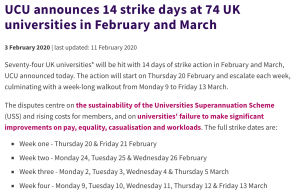Should Economics be Pluralist?
Following the 2008 financial crisis, many economists, as well as many commentators and journalists, have blamed economics for its failure to explain the causes and foresee the consequences of the financial breakdown. Their core target was the dogmatic acceptance by most economists of a single theoretical framework: neo-classical economics. In (very) short, neo-classical economics is a set of theories according to which all social phenomena can be explained by appealing to the optimizing behavior of rational individuals. It also involves a heavy dose of mathematical formalization and statistical methods. In reaction to the crisis, an increasing number of students and academics started to argue for pluralism in economics, or the view that there are several possible legitimate ways of doing economics, beyond neo-classical economics. In response, some economists contended that neo-classical economics was already sufficiently pluralist. They argued that what we usually call neo-classical economics is actually made of a myriad of different (and sometimes conflicting) theories, such as game theory, public choice theory, industrial organization, social choice theory, labor economics, behavioral economics, etc.
This debate raises numerous questions. What (if anything) justifies pluralism in economics? And do we have enough of it, or do we need more? Where does pluralism stop? What does pluralism entail for individual economists? Should every economist be a pluralist? I cannot answer all these questions here. I shall only propose an answer to the first one.










